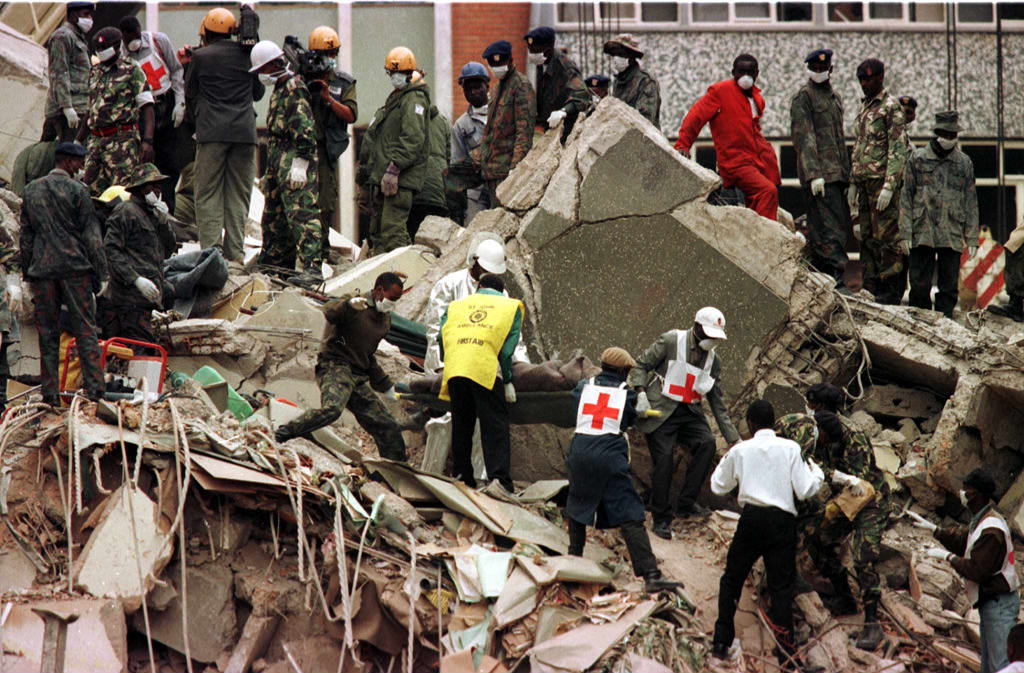Al Qaeda’s second-in-command was assassinated in Iran three months ago, reports say
Terror leader reportedly gunned down by Israeli agents on motorbike in Tehran

Your support helps us to tell the story
From reproductive rights to climate change to Big Tech, The Independent is on the ground when the story is developing. Whether it's investigating the financials of Elon Musk's pro-Trump PAC or producing our latest documentary, 'The A Word', which shines a light on the American women fighting for reproductive rights, we know how important it is to parse out the facts from the messaging.
At such a critical moment in US history, we need reporters on the ground. Your donation allows us to keep sending journalists to speak to both sides of the story.
The Independent is trusted by Americans across the entire political spectrum. And unlike many other quality news outlets, we choose not to lock Americans out of our reporting and analysis with paywalls. We believe quality journalism should be available to everyone, paid for by those who can afford it.
Your support makes all the difference.Al Qaeda’s second-in-command was assassinated in Iran three months ago, according to reports.
Abdullah Ahmed Abdullah was accused of being the mastermind behind the deadly attacks on US embassies in Africa in 1998.
He was gunned down by two assassins on a motorbike in the streets of Tehran on 7 August, the anniversary of the attacks, according to The New York Times.
The killing was reportedly carried out by Israeli agents at the request of US officials, but has only just come to light.
Also killed in the attack was his daughter, Maryam, the widow of Osama bin Laden’s son Hamza bin Laden.
The killing had been the subject of international rumours, according to the Times, but neither Iran, nor Israel, nor the US has officially acknowledged it.
Al-Qaeda has also not announced the death of Abdullah, one of the terror network’s top figures, who was thought to be the successor to the current leader, Ayman al-Zawahri.
Abdullah, who was also known by the nom de guerre Abu Muhammad al-Masri, had been indicted for his role in the bombings of the US embassies in Kenya and Tanzania.
The near simultaneous attacks killed 224 people, including 12 Americans, and injured more than 4,500 others.
The FBI had offered a reward of $10m for his capture and he was still on their most-wanted list.
US intelligence officials told The New York Times that Abdullah had been in Iran’s “custody” since 2003 and had been living freely in an upscale Tehran suburb since 2015.
Iranian state media initially identified the victim as a Lebanese academic and his daughter.
Spokespersons for the US National Security Council and the Israeli prime minister’s office declined to comment to the Times.




Join our commenting forum
Join thought-provoking conversations, follow other Independent readers and see their replies
Comments